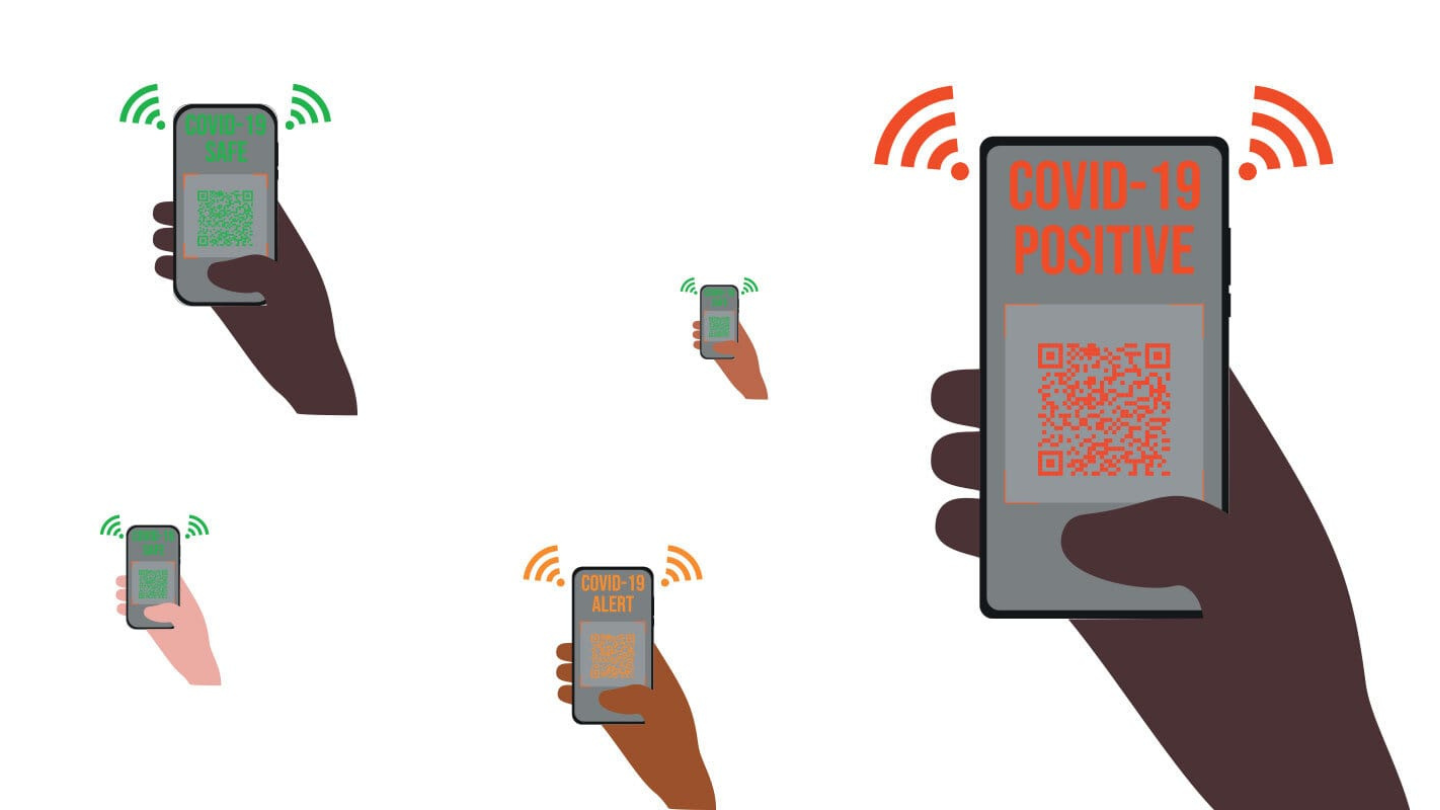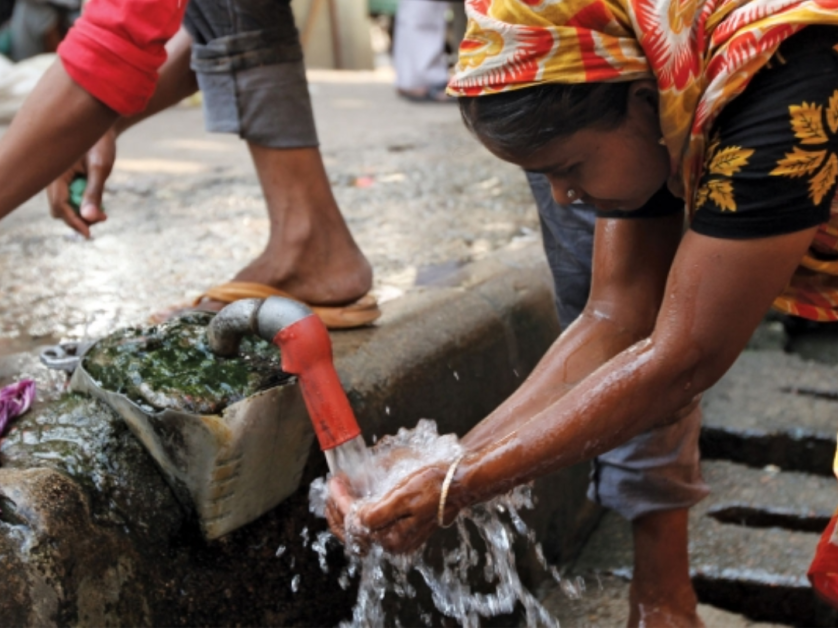Community Impact
Collaborating with partners locally and around the world to develop and implement evidence-based solutions that help people lead healthier lives.
For more than 60 years, the UCLA Fielding School of Public Health’s faculty, students, staff, and graduates have collaborated with partners both locally and around the world to develop and implement evidence-based solutions that help people lead healthier, better lives. These efforts continue to have far-reaching and profound impacts.
UCLA Fielding has contributed to changes that have given millions of people access to healthcare that they previously lacked; provided vouchers for millions of low-income families in the Women, Infants, and Children program to purchase fruits and vegetables; and transformed air quality for the millions of residents in the Los Angeles basin. Globally, FSPH has helped to strengthen local and international capacity to rapidly identify and respond to disease outbreaks, and has trained many of the research and policy leaders who have spearheaded efforts to contain the spread of HIV/AIDS and COVID-19.

Through the training of COVID-19 contact tracers and case investigators, UCLA Fielding has prepared thousands of individuals who are meeting a critical need in reducing the virus' spread.
Learn MoreIn these and countless other realms, UCLA Fielding’s impact is purposeful. More than most academic disciplines, public health emphasizes innovation and the development and teaching of theory, but also results. As such, FSPH is committed to maximizing the impact of its work through research, education, and partnerships with communities, policymakers, and colleagues from all relevant sectors. Rather than solely identifying what works, UCLA Fielding faculty, staff, students, and graduates seek sustainable and meaningful collaborations with partners on programs and policies that improve health and promote health equity in underserved and at-risk communities. They prepare policy briefs, meet with public officials, and confer with community groups on evidence and potential solutions. They work with community partners to shape the future through a spectrum of solutions—helping to define research questions, design appropriate studies, implement programming, and evaluate programs’ effectiveness.
UCLA Fielding recognizes that achieving maximum community impact requires addressing the root causes of health disparities, including inequities in education, income, and access to essential health services, as well as racism and other forms of discrimination. Today’s public health challenges are formidable —a global pandemic, a long-overdue reckoning with structural racism, natural disasters driven by climate change, increased challenges in healthcare access, and rampant misinformation about critical public health recommendations, to name only a few. Building on its record of accomplishment, longstanding partnerships, and the dedicated and diverse students and graduates prepared to lead community-based and policy-oriented initiatives, UCLA Fielding is ideally positioned to continue serving as a catalyst for positive change in communities at home and abroad.

